It's safe to say that Generation Z, those born between the late 1990s and the early 2010s, have lived through a fairly tumultuous time in this world.
Indeed, with the global pandemic coming right as most of them were reaching their most formative years, studies have even shown that "Gen Z-ers," those aged 13–28, are currently the unhappiest generation.
It's not terribly surprising that this might have led several Gen Z-ers to seek professional help.
While keeping doctor/patient confidentiality intact, one therapist has now gone viral, sharing his most unsettling observations he's made about today's youth.
In a video that has now received over 2 million views, Texas-based licensed therapist Austin Calo, who uses the TikTok handle @austincalo, shared the common trends he noticed in his early teen to late twenties patients:
@austincalo Empathizing with gen z #genz #mentalhealth #therapy
Speaking directly to the camera, with an accompanying text overlay, Calo shared all the common denominators in his Gen Z patients, which he thinks begins with an "external locus of control".
"...what that is is...when basically, you have this frame of being that means that something is happening to you rather than you impacting it."
Calo highlights that the global pandemic hitting Gen Z-ers during a particularly vulnerable time in their mental development truly exacerbated the idea that they are not in control of their own narratives.
"..if you think about how disruptive something like a global pandemic would be, it would make you feel totally powerless, relative to major things happening to you that you have no individual say in the world, right?"
"So, naturally, you would detach from the result and view yourself as relatively powerless."
"Which has this nihilistic point of view, and I think there's something to be said there as well."
Calo then emphasized that all those who complain about youngsters spending too much time on their phones or in front of screens might, in fact, be on to something:
"You combine this with a presence of the internet, and just constant surveillance in their mind."
"This leads to, like, a fear of being cringe, right?"
"So, basically, a fear of standing out or somebody, you know, publicly humiliating you, maybe something like that."
"Because the internet is faceless, so people can be very rude and denigrating."
"This can shatter a sense of community, which I've found is compensated by trying to create this artificial community and boxing someone into a group."
"So I see this hyper-pathologizing of mental illness and kind of orienting things towards that, or this big pressure to have this identity relative to a larger pack."
"So, you know, it could be one's sexuality...there's not a sense of openness to figure something out or that it'll come in time or later, there's this pressure to identify with something right now."
Calo went on to add that Gen Z's higher comfort and familiarity with technology might put them at a social disadvantage.
"A consequence of this, too, that I've noticed is higher media literacy, meaning this is a generation that grew up with the internet, they know what you're trying to do, they know you're trying to manipulate them, so there's a sense of, um, kind of collective resistance to, like, pandering, you know?"
"So they know what you're doing, um, and I've found that that's actually, um, both empowering and disheartening, like that you're constantly being sold something, and the problem with that is their media literacy is up, but the ability to be manipulated and marketed to is even higher than that, right?"
"[Be]cause the internet's exponential and it's polarizing, so your 'for you' you're getting is shit you're already interested in, and that can just kind of wear you down over the course of time."
"So, the media literacy is up, but that doesn't mean the impact is down of marketing."
"So, I found that, um, there's also this kind of detachment of what is asked of them [be]cause it feels like something's asked of them all the time."
With all this in mind, it might seem easy to roll our eyes or look down at Gen Z, but Calo made it clear that the only way of helping them through this is by doing the exact opposite:
"I see kind of these takes online of trashing Gen Z or, like, the Gen Z staring stuff, this is to help understand and empathize with a generation that feels totally powerless in the face of a polarizing political climate and being marketed to and politicized on social media, meaning being manipulated on social media through politics."
"And so I think it's helpful to have a sense of empathy rather than 'oh, these kids, da da da da da'."
Calo's video received a rapturous response from viewers, particularly from members of Gen Z, who felt he highlighted everything they were going through, and then some, to a tee.










While all of this might suggest that Gen Z is the new "doomed" or "lost" generation, Calo thankfully doesn't agree with that idea at all, even though he does emphasize to overcome this statistic, the ball is very much in their court.
In an interview with BuzzFeed, Calo stressed that nearly all Gen Z-ers are their own worst enemy, and in order to turn their lives around for the better, they must instead be their biggest supporter.
"Think of who has positively impacted your life and treat yourself the way they’ve treated you."
"You might find that you are worth that love and adoration after all."
Excellent advice for everyone, not only Gen Z.

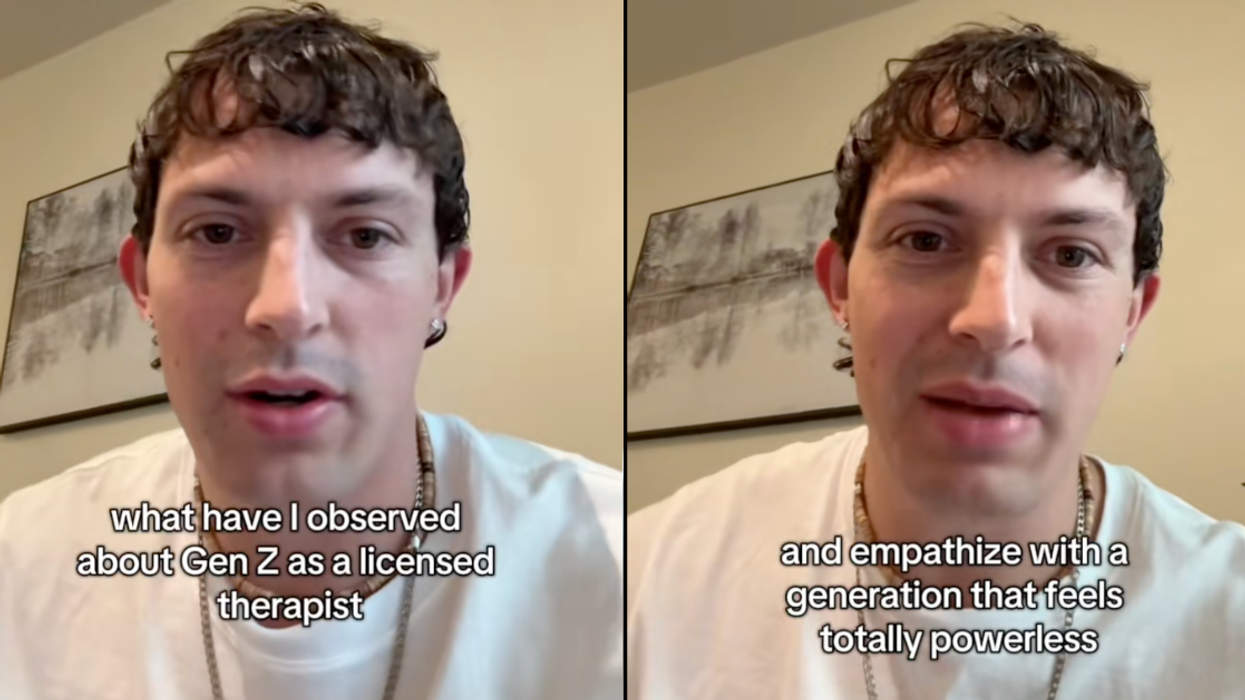

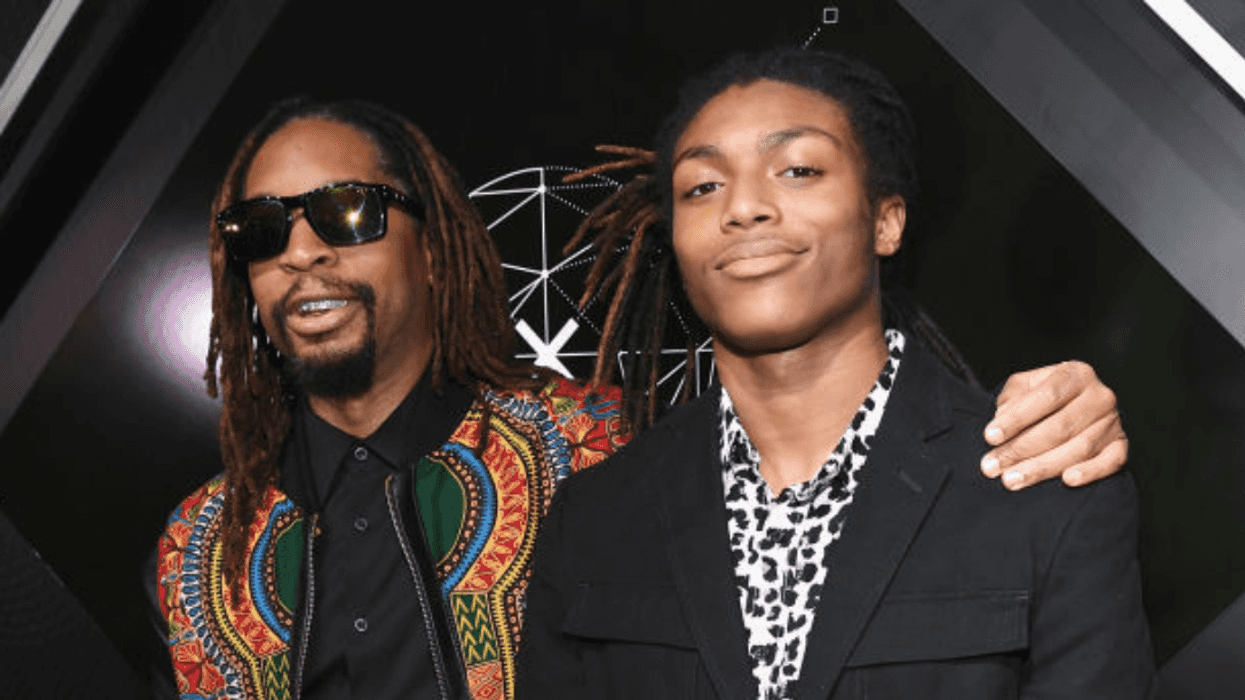
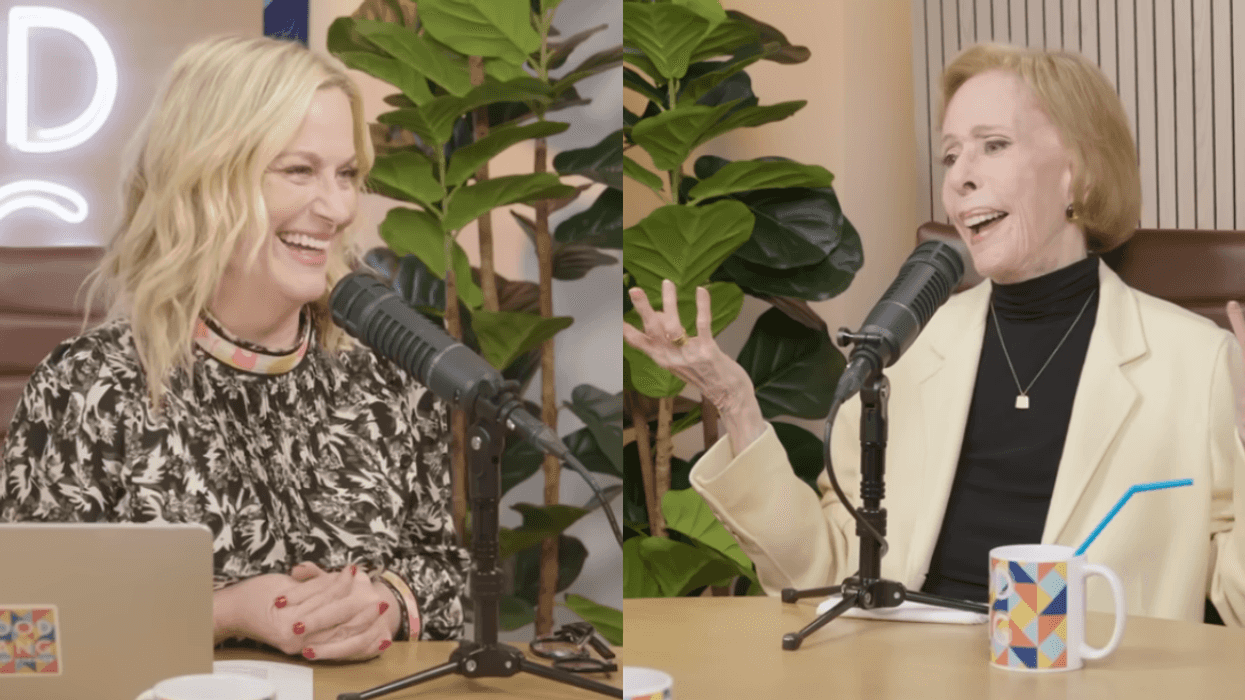
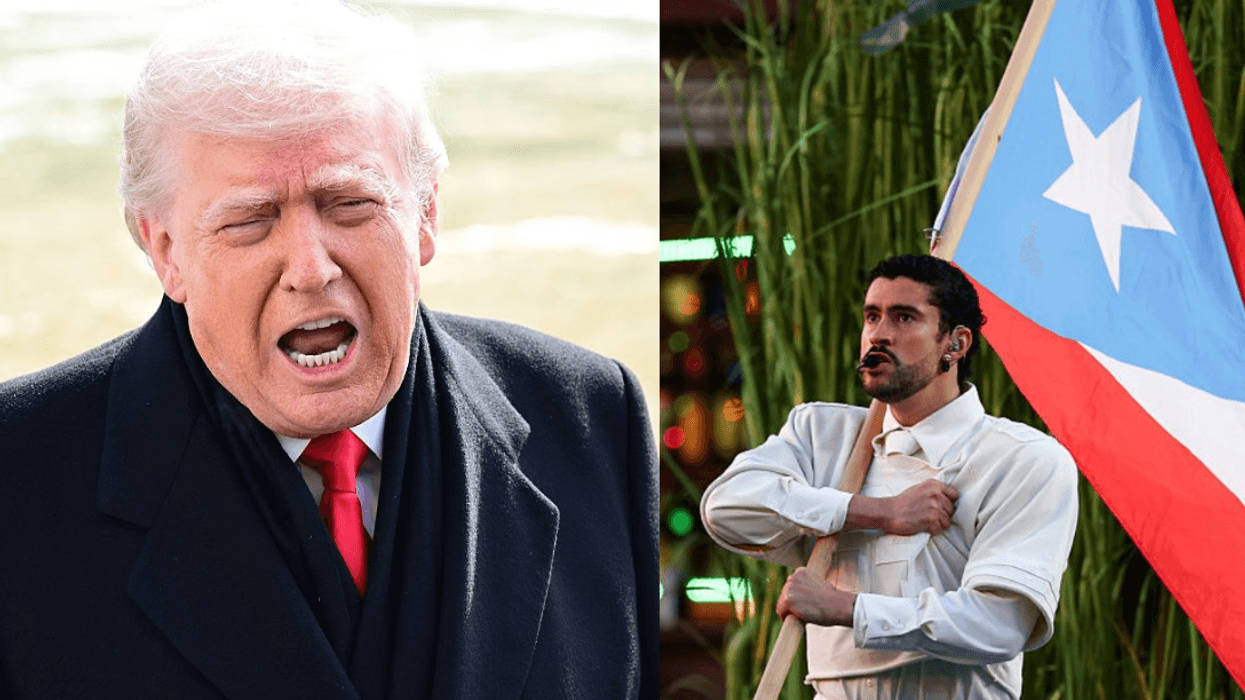

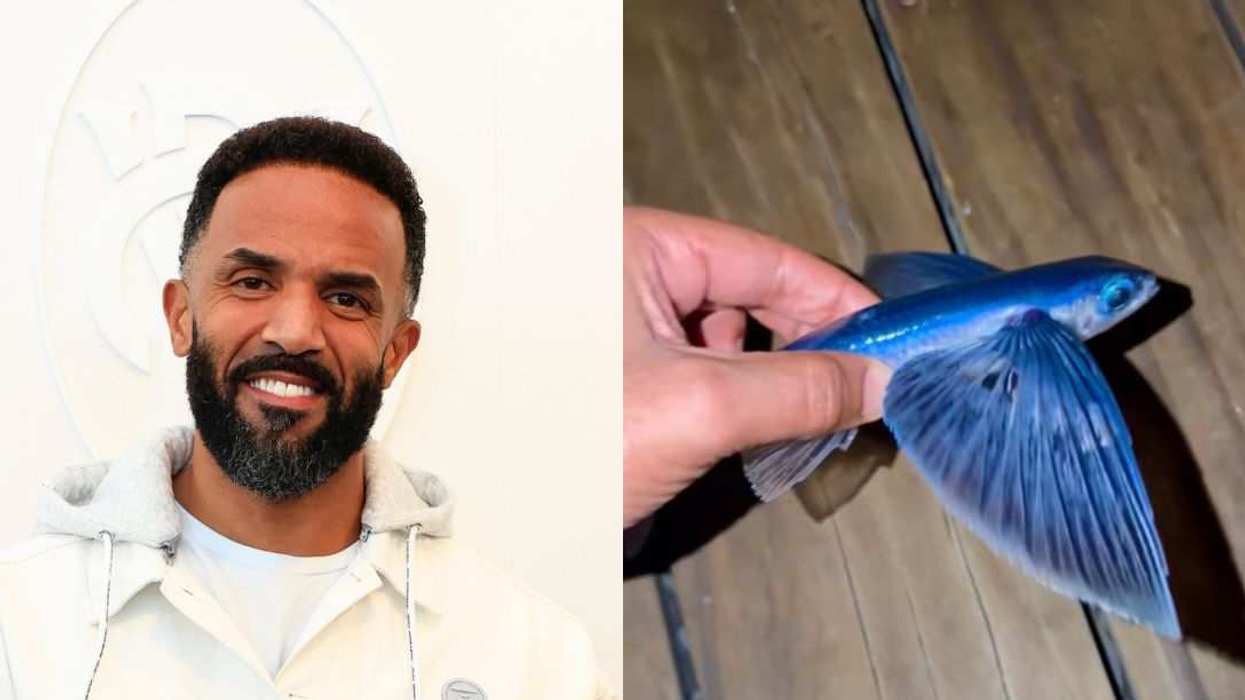





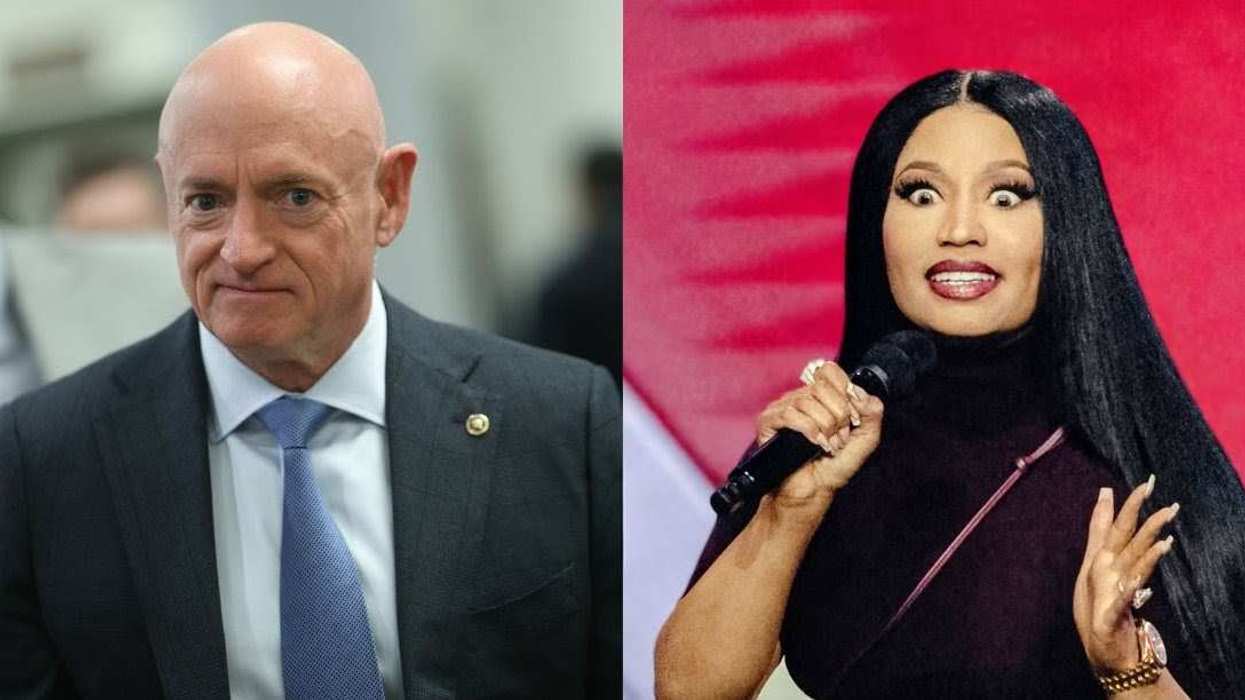
 @TweetforAnnaNAFO/X
@TweetforAnnaNAFO/X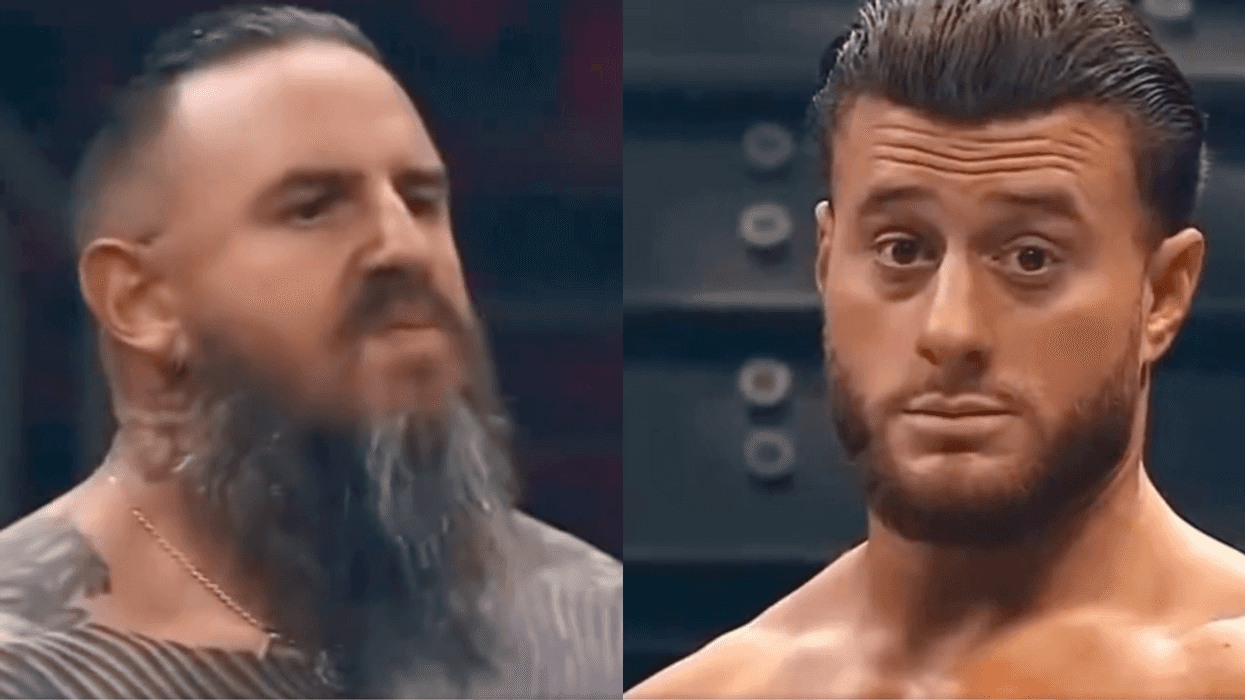

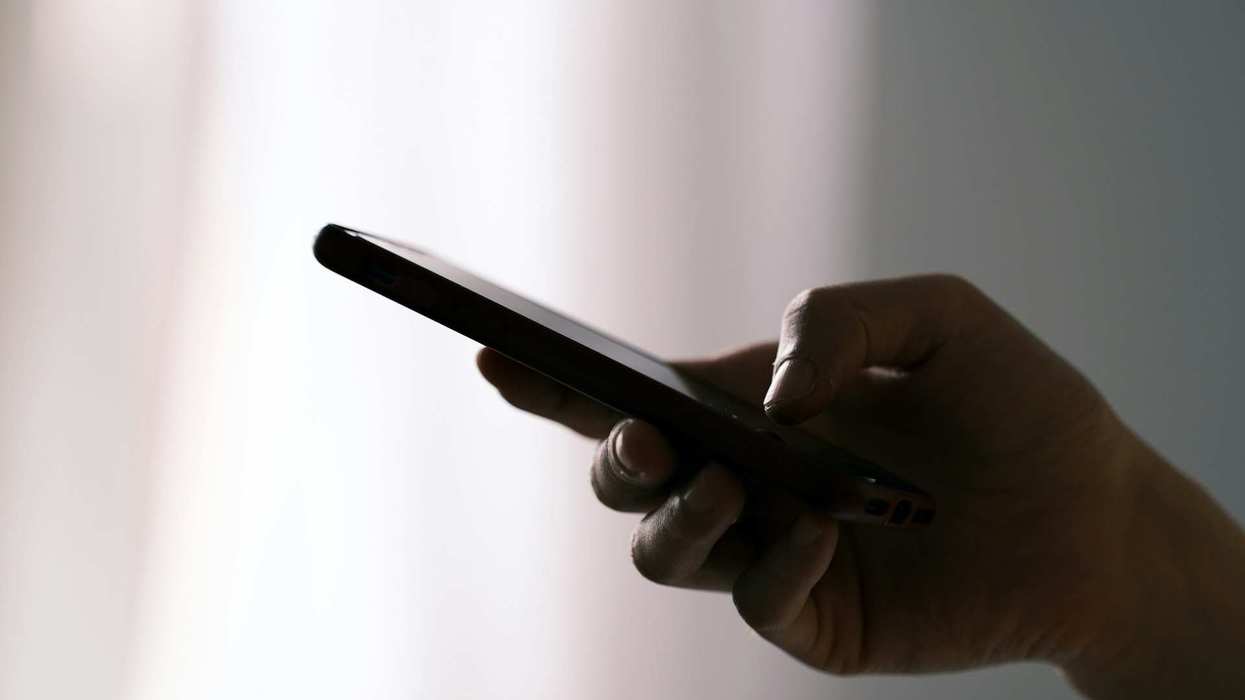
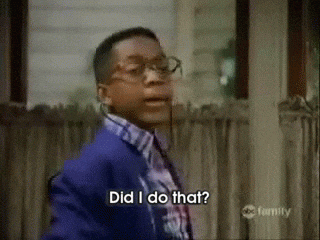 Steve Urkel Oops GIF
Steve Urkel Oops GIF  Moon Walk Dance GIF
Moon Walk Dance GIF 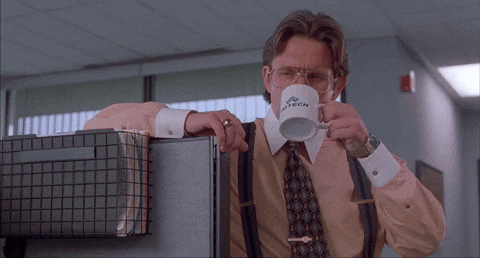 The Office Monday GIF by 20th Century Fox Home Entertainment
The Office Monday GIF by 20th Century Fox Home Entertainment